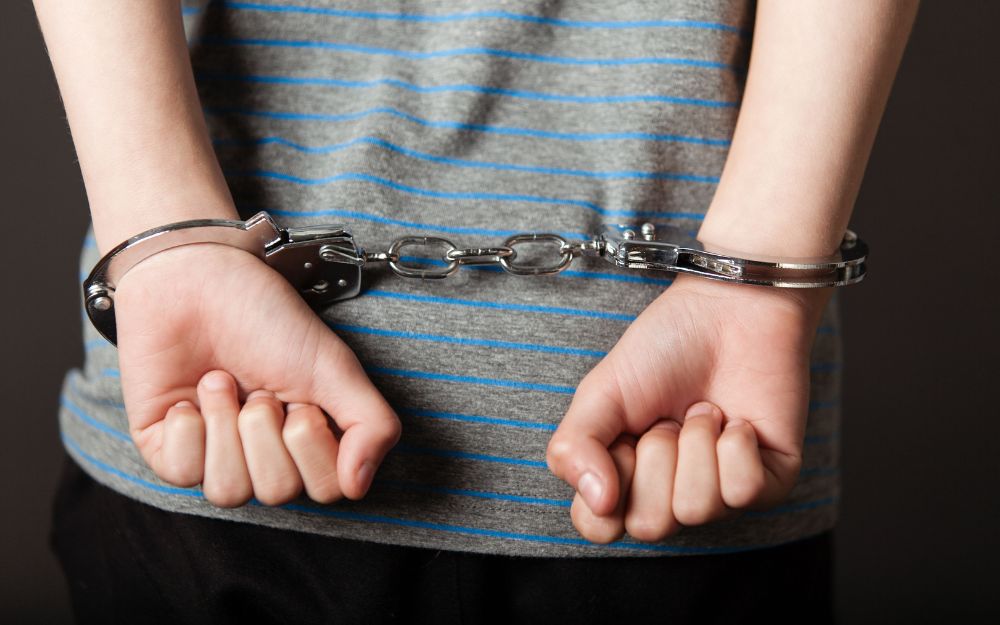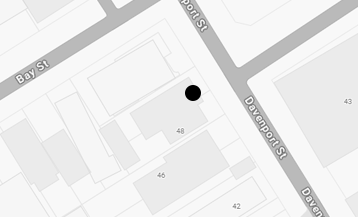Media headlines in Queensland have been filled in recent times with criminal offences committed by juveniles, often resulting in terrible tragedies where innocent members of the public have been killed through the reckless acts of teenagers. The result is a backlash against how young offenders are treated by the youth justice system, with some victims believing the punishment for juvenile crime is too lenient and not enough of a deterrent.
This is a complex and multifaceted issue, faced by societies worldwide. There are no easy or straightforward solutions. The Queensland government has attempted to respond to the community’s concerns with reforms to the Youth Justice Act – but many believe the changes are ineffectual or deal with the problem only at the edges.
The majority of young people are not involved in criminal activities, but a hardcore cohort of youths are engaged in dangerous criminal behaviour – such as break and enters, car theft and dangerous driving.
Recent data on youth crime rates in Queensland show fluctuations over the years. In some categories, offences have increased while in others the rate has stabilised or even decreased. It’s important to recognise that socioeconomic disadvantage, family dysfunction, educational challenges, substance abuse, and peer influence all contribute to youth crime.
Recent changes to the Youth Justice Act
The Queensland government’s response to high-profile youth crime was reforms to the youth justice system aimed at striking a balance between holding young offenders accountable for their actions and providing opportunities for rehabilitation and reintegration into society.
Last year it expanded electronic surveillance monitoring for children as young as 15 and increased the maximum penalty for unlawful use of a motor vehicle from seven to 10 years imprisonment. In February 2023, significantly, it made breach of bail an offence for children.
Other changes introduced this year included:
- a more severe penalty of 14 years for offences committed at night where the offender uses violence or threatens violence; is armed or pretends to be armed; is in company or damages or threatens to damage any property;
- requiring courts to take into account previous bail history, criminal activity and track record when sentencing;
- stiffer penalties for criminals who boast about their crimes on social media.
The government also committed $100 million to diversionary programs designed to put young offenders on alternative pathways such as counselling, education, and community service.
It also increased the capacity of bail houses, providing secure and supervised accommodation for young offenders on bail. This move aims to reduce the risk of reoffending while ensuring the safety and wellbeing of the young people involved.
New legislative provisions also enhanced the youth justice conferencing process, bringing together young offenders, victims, and trained facilitators to discuss the impact of the offence and develop strategies for restitution and rehabilitation. This approach encompasses restorative justice principles – emphasizing the importance of repairing harm caused by the offence with victims in an attempt to reduce recidivism.
The reaction to the legislative changes has been muted. Community members have taken to the streets in protest since the laws have been passed as incidents of youth crime persist.
Need more information? Speak with expert criminal lawyers
The issue of youth crime and youth justice in Queensland is challenging and complex, ranging from the calls to ‘lock them all up’ to the recognition that the community is dealing with mere children committing these heinous crimes.
Recent changes to the Youth Justice Act attempt to balance both ends of the debate but it’s highly debatable they satisfy either argument. If you’re unsure about the new laws for young offenders, or need advice for a young person who is in trouble with the law, consult our highly experienced criminal law team at Hannay Criminal Defence as soon as possible, we provide legal services in Gold Coast, Brisbane & Sydney. We regularly represent juveniles facing serious charges and can advise on the best way to approach the youth criminal justice system.








